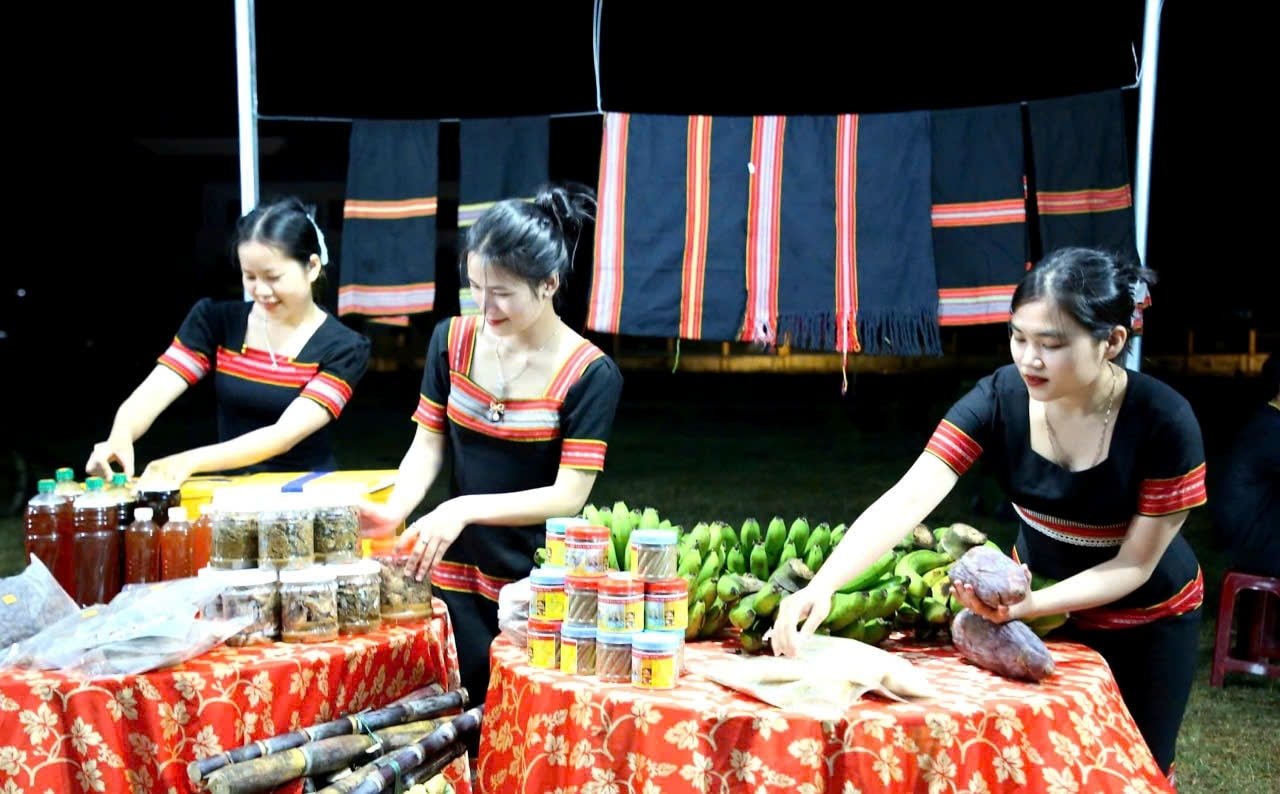
For traditional dishes to step out of the village kitchen, through forests and streams to reach chain stores, supermarkets or e-commerce platforms is still a long journey...
From village kitchen to OCOP standard
For a long time, Phuoc Son highland has been famous for its specialties associated with the community life and cultural rituals of the Bhnong people. Among them, dried black pig and traditionally distilled sticky rice wine are two products that many tourists order to bring back as gifts imbued with the essence of the mountains.
Seeing the commercial potential of local dishes, Ms. Do Ngoc Anh Tuyet (Kham Duc commune) began to look for a long-term direction for these two specialties. Determined to turn traditional dishes into branded products, Ms. Tuyet invested in improving the process, applying food hygiene and safety standards, researching packaging design, attaching QR codes to trace the origin and building an OCOP profile for the products.
Ms. Tuyet's two products, dried black pork and charcoal sticky rice wine, were recognized as 3-star OCOP in 2020. Since then, she has expanded her market to major cities such as Da Nang, Ho Chi Minh City, and Hanoi . On average, each year, she supplies the market with more than 1 ton of finished dried meat and hundreds of liters of sticky rice wine.
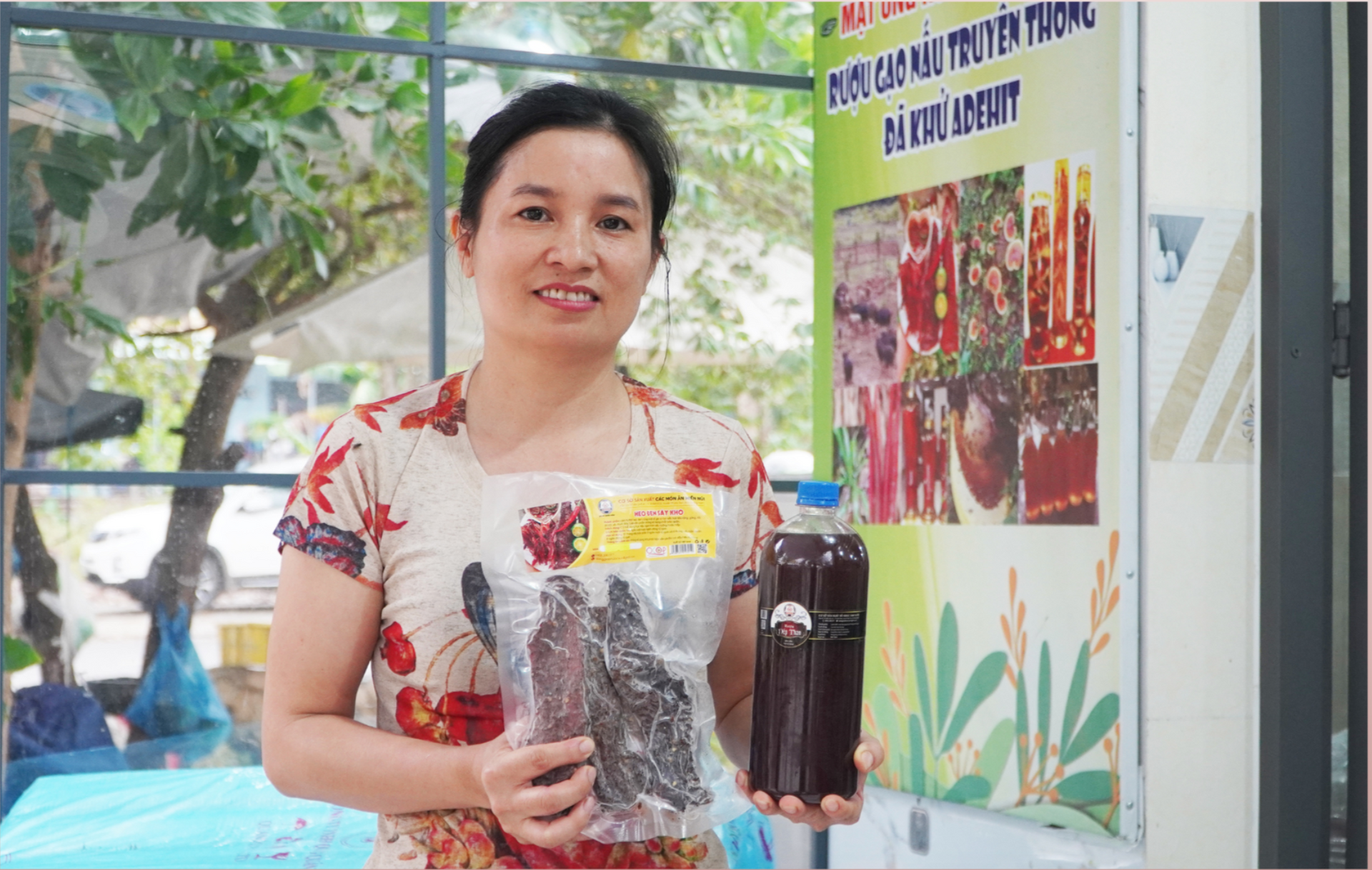
Not only Phuoc Son, many other highland areas are also gradually upgrading traditional dishes into commercial OCOP products.
In La Êê commune, Mr. Pơ Loong Vinh's business household has successfully built the brand of Tam sticky rice wine - a type of local wine produced using a semi-industrial process with natural yeast.
In Tay Giang, ginseng stewed chicken, which is a high-class tonic dish of the Co Tu people, is now included in the menu by the Truong Son Xanh Agricultural and Pharmaceutical Cooperative in convenient portioned packages, certified OCOP. In Dong Giang, the business household To Mai Ly produces Tam Uyen lingzhi mushroom tea bags, combining local medicinal herbs with freeze-drying technology and vacuum packaging...
Mr. Riah Cuong, Director of Truong Son Xanh Agricultural and Pharmaceutical Cooperative, shared: “With dishes that are passed down by word of mouth, no one in the village writes down the recipe. Each family seasoned according to their habits. When preparing the OCOP profile, we had to measure each ingredient, write the technical process, and determine the nutritional composition. The most difficult thing was still to preserve the distinctive flavor, because many rustic ingredients cannot be replaced by industrial additives. That is why we have to grow, cook, and check ourselves, every step is much stricter than before.”
Product upgrade
According to Decision 148 issued by the Prime Minister in 2023, OCOP products are ranked based on a system of criteria from quality and food safety standards; community strength, product story; commercialization ability...
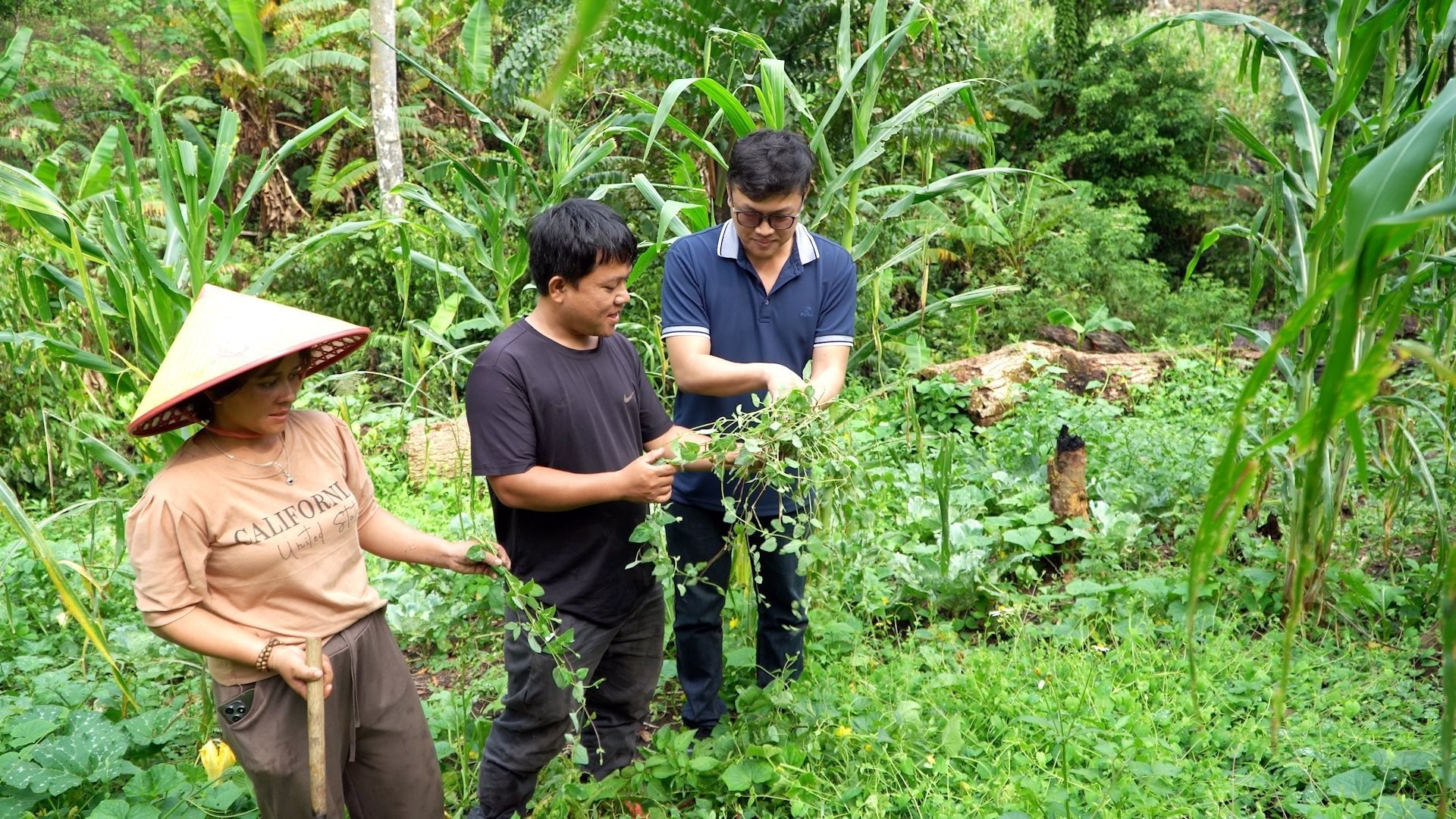
Due to the mountainous region, meeting this set of criteria causes many difficulties for producers. According to Ms. Koor Thi Nghe, Director of the Green Forest Ecological Cooperative (Hung Son Commune), in the border area, not all entities have technical expertise. From operating the factory to writing documents or doing inspections, all must be learned from the beginning. Not to mention, transporting goods down the mountain to participate in fairs or testing samples costs a lot of money and time.
Another problem is how to preserve the soul of highland cuisine when forced to adapt to industrial standards. According to Mr. Riah Cuong, many traditional products are delicious thanks to manual methods and local ingredients. When transferred to industrial processes, some flavors are changed, especially when the original ingredients cannot be used due to limitations in preservation.
“To preserve the original flavor, we choose to control the raw material growing process. Instead of buying from outside, the cooperative cultivates local medicinal herbs, uses natural yeast to cook, and does not use synthetic additives. Doing so is more difficult, but it preserves the soul of the dish,” Mr. Cuong added.
The representative of the Rural Development Department - Department of Agriculture and Environment of Da Nang city - the unit in charge of implementing the OCOP program said that upgrading highland specialties to meet standards cannot be successful if it only relies on the efforts of the producers. From the local government system, social organizations, Cooperative Union, and rural development support organizations must work together in all stages.
The OCOP product being recognized as a star is just the first step. After that, there is a journey of upgrading standards, updating packaging, controlling quality, and connecting trade so that the product can truly thrive in the market. With mountain specialties, maintaining the identity of commercial products is the long-term goal that the OCOP program aims for.
Source: https://baodanang.vn/thuc-mon-mang-di-3305576.html








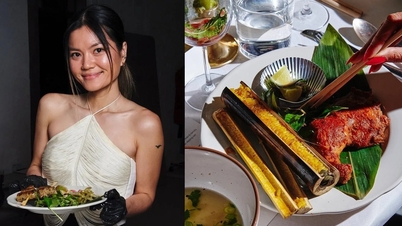



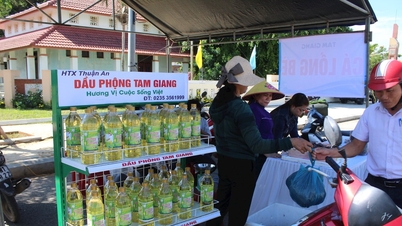
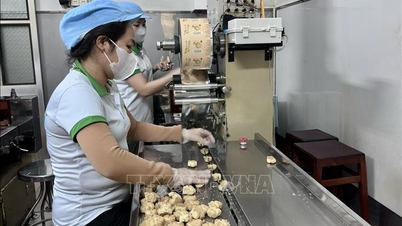



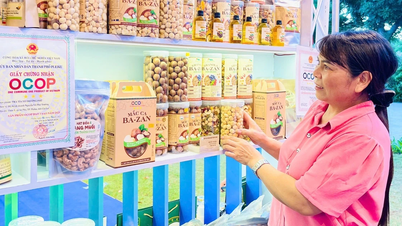





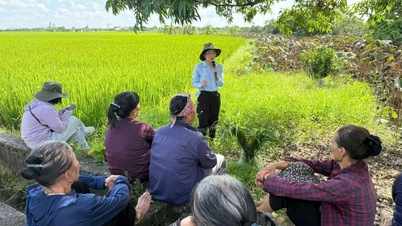











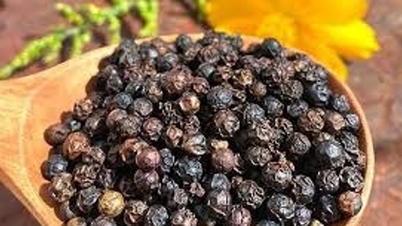






































































Comment (0)